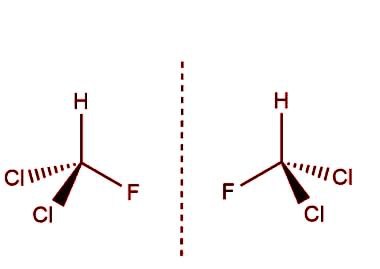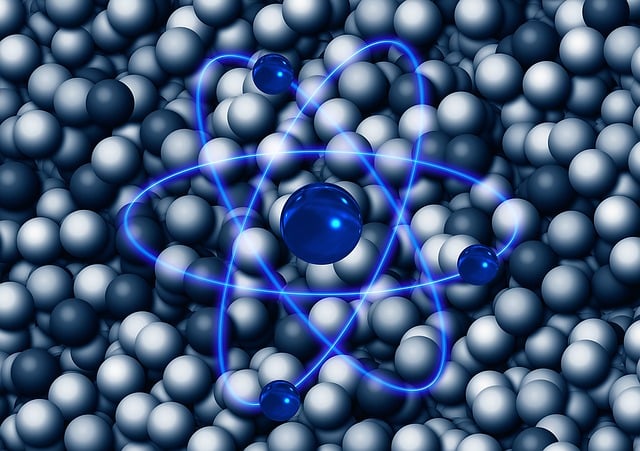Metal-organic complexes
Metal-organic complexes, also known as metal-organic compounds, are compounds that contain a metal ion and an organic ligand. These complexes have a wide range of applications in fields such as catalysis, materials science, and medicine. Some examples of metal-organic compounds include:
- Zeolitic imidazolate frameworks (ZIFs): These are a class of metal-organic frameworks (MOFs) that are composed of metal ions coordinated with organic ligands. ZIFs have a wide range of applications, including gas storage and separation, drug delivery, and catalysis.
- Metalloporphyrins: These are metal-organic complexes that contain a metal ion coordinated with a porphyrin ligand. Metalloporphyrins have applications in fields such as catalysis, drug delivery, and sensors.
- Ruthenium complexes: These are metal-organic complexes that contain a ruthenium ion coordinated with an organic ligand. Ruthenium complexes have applications in fields such as catalysis, solar energy conversion, and cancer therapy.
Types of organic compounds:
Organic compounds are compounds that contain carbon and hydrogen atoms, and often contain other elements such as oxygen, nitrogen, and sulfur. There are many types of organic compounds, including:
⇒ Alkanes: These are hydrocarbons that contain only single bonds between carbon atoms. Examples include methane, ethane, and propane.
⇒ Alkenes: These are hydrocarbons that contain at least one double bond between carbon atoms. Examples include ethene, propene, and butene.
⇒ Alkynes: These are hydrocarbons that contain at least one triple bond between carbon atoms. Examples include ethyne and propyne.
⇒ Aromatic compounds: These are compounds that contain a ring of carbon atoms with alternating double bonds. Examples include benzene, toluene, and naphthalene.
Uses of organic compounds:
Organic compounds have a wide range of uses in fields such as pharmaceuticals, materials science, and energy. Some common uses of organic compounds include:
⇒ Pharmaceuticals: Many drugs are organic compounds, including antibiotics, pain relievers, and anti-cancer drugs.
⇒ Materials science: Organic compounds are used to make a wide range of materials, including plastics, fibers, and coatings.
⇒ Energy: Organic compounds are used as fuels, including gasoline, diesel, and natural gas. They are also used to make biofuels, such as ethanol and biodiesel.
⇒ Agriculture: Organic compounds are used as pesticides and fertilizers in agriculture.
⇒ Food: Many organic compounds are found in food, including carbohydrates, proteins, and fats. They are also used as food additives, such as preservatives and flavorings.
Frequently Asked Questions – FAQs
⇒ What are metal-organic complexes?
Metal-organic complexes are compounds that contain a metal ion and an organic ligand.
⇒ How are metal-organic complexes synthesized?
Metal-organic complexes can be synthesized using a variety of methods, including solution-phase synthesis, solvothermal synthesis, and mechanochemical synthesis.
⇒ What are the applications of metal-organic complexes?
Metal-organic complexes have a wide range of applications, including catalysis, materials science, and medicine.
⇒ What are some examples of metal-organic complexes?
Some examples of metal-organic complexes include zeolitic imidazolate frameworks (ZIFs), metalloporphyrins, and ruthenium complexes.
⇒ What are the properties of metal-organic complexes?
Metal-organic complexes have a variety of properties, including high surface area, tunable porosity, and catalytic activity.
⇒ What are the advantages of using metal-organic complexes?
Metal-organic complexes have many advantages, including their tunable properties, high stability, and low toxicity.
⇒ What are the challenges in working with metal-organic complexes?
Challenges in working with metal-organic complexes include their sensitivity to moisture and air, difficulty in purifying them, and the need for specialized equipment.
⇒ How are metal-organic complexes characterized?
Metal-organic complexes can be characterized using a variety of techniques, including X-ray diffraction, infrared spectroscopy, and nuclear magnetic resonance spectroscopy.
⇒ How are metal-organic complexes used in catalysis?
Metal-organic complexes can be used as catalysts in a variety of reactions, including hydrogenation, oxidation, and carbon-carbon bond formation.
⇒ What is the future of metal-organic complexes?
Metal-organic complexes are an active area of research, and their applications are expected to expand in fields such as energy storage, sensors, and drug delivery.
Let me know if you have more questions or if there is a specific topic that you would like to know more about.





If you have any doubts, please let me know